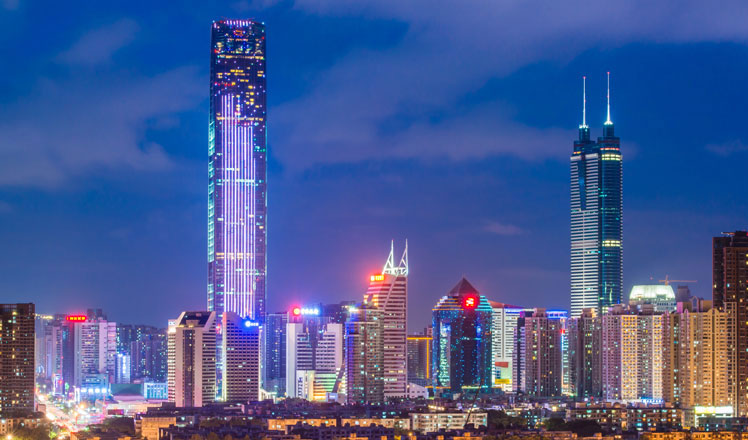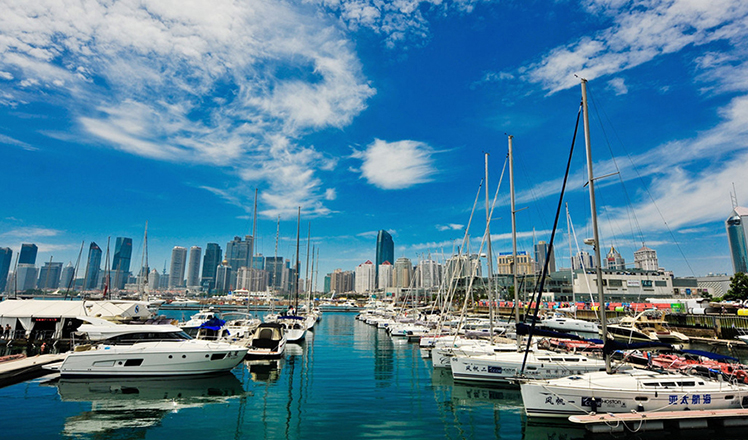US misguided in 'State Capitalism' label for China
Updated: 2012-12-10 22:37
(chinadaily.com.cn)
|
||||||||
Academics specializing in China and politicians from the United States and some developed Western counties, are turning the topic of "State Capitalism" into a sensation, claiming some countries with State Capitalism lack creditability and transparency which challenges the West economically and strategically. But their arguments do not make sense, says an article in People's Daily. Excerpts:
China is often regarded as the embodiment of State Capitalism.
China has developed and has been committed to the path of socialism with Chinese characteristics. The vitality of China's development model lies in its inclusiveness, pragmatism and flexibility. China has never implemented capitalism, for its path is fundamentally different from capitalism in various forms.
China has attached long-term significance to the peace and development of the people and has closely connected its development with the world. China appeals for win-win collaborations and dedicates itself to the robust, sustainable and balanced recovery of the global economy. China is also doing its best to help other developing countries strengthen their ability to have independent development. This is completely different from the selfishness and self-conceit demonstrated in the international political arena by some Western countries.
In contrast, the US has been barefaced in implementing State Capitalism. Taxpayer money is used to subsidize special designated industries, such as financial institutions, the automobile industry and fund endless qualitative ease policies. It also pushes for the appreciation of currencies of other countries. The State Capitalism of the US brazenly uses protectionism to stampede foreign enterprises' investment and development at home just for its ideological prejudice, regardless of capabilities.
The US should realize its biggest challenge is itself. The US has long called China a manipulator of the exchange rate and attributes its trade deficit to this. The fact is, since 2005, the yuan has appreciated more than 30 percent against the US dollar. But the US' trade deficit has still grown bigger. The US should reflect on itself and not find fault in other countries.
The US labels emerging economies as countries practicing State Capitalism to shift domestic pressures from its own administration and isolate these countries from its alliances. This label also gives US politicians excuses to take protective trade measures over enterprises from these countries.
This is not the first time China's development path has been viewed with suspicion by the West since its reform and opening-up more than 30 years ago. But the suspicion has not prevented China from becoming the world's fastest developing country during this period. Every nation has the freedom and right to explore ways to develop that fits their national conditions. For a large, fast developing country like China, its development path must be flexible and inclusive to adapt to the changing national conditions of the country. China's path cannot be the same as in the West, whose developing environment and national conditions are obviously different from China.
China and the other emerging economies should not be disturbed by the criticism and must continue on their development paths, which can only be validated by being put into action.
- Arbitration body 'has nothing to do' with us, says UN
- Trump expected to make VP announcement on Friday
- 25 killed, 50 injured as trains collide in Italy
- The South China Sea Arbitration: Illegal, Illegitimate and Invalid
- Theresa May set to be UK's next Prime Minister after rival stands down
- Killing of UN Chinese peacekeepers slamed

 Coming-of-Age Day on the frontline of fighting floods
Coming-of-Age Day on the frontline of fighting floods
 Monks seek tranquility inside lotus ponds
Monks seek tranquility inside lotus ponds
 In pics: Top 10 livable Chinese cities
In pics: Top 10 livable Chinese cities
 Restaurant of 'bandits' opens in Northeast China's Jilin
Restaurant of 'bandits' opens in Northeast China's Jilin
 Ivanovic, Schweinsteiger holds wedding in Venice
Ivanovic, Schweinsteiger holds wedding in Venice
 Tim Duncan announces retirement after 19 seasons with Spurs
Tim Duncan announces retirement after 19 seasons with Spurs
 Merchandize for Rio 2016 a hit in run-up to games
Merchandize for Rio 2016 a hit in run-up to games
 Top 10 best Chinese cities to own a house
Top 10 best Chinese cities to own a house
Most Viewed
Editor's Picks

|

|

|

|

|

|
Today's Top News
Ministry slams US-Korean THAAD deployment
Two police officers shot at protest in Dallas
Abe's blame game reveals his policies failing to get results
Ending wildlife trafficking must be policy priority in Asia
Effects of supply-side reform take time to be seen
Chinese State Councilor Yang Jiechi to meet Kerry
Chinese stocks surge on back of MSCI rumors
Liang avoids jail in shooting death
US Weekly

|

|









